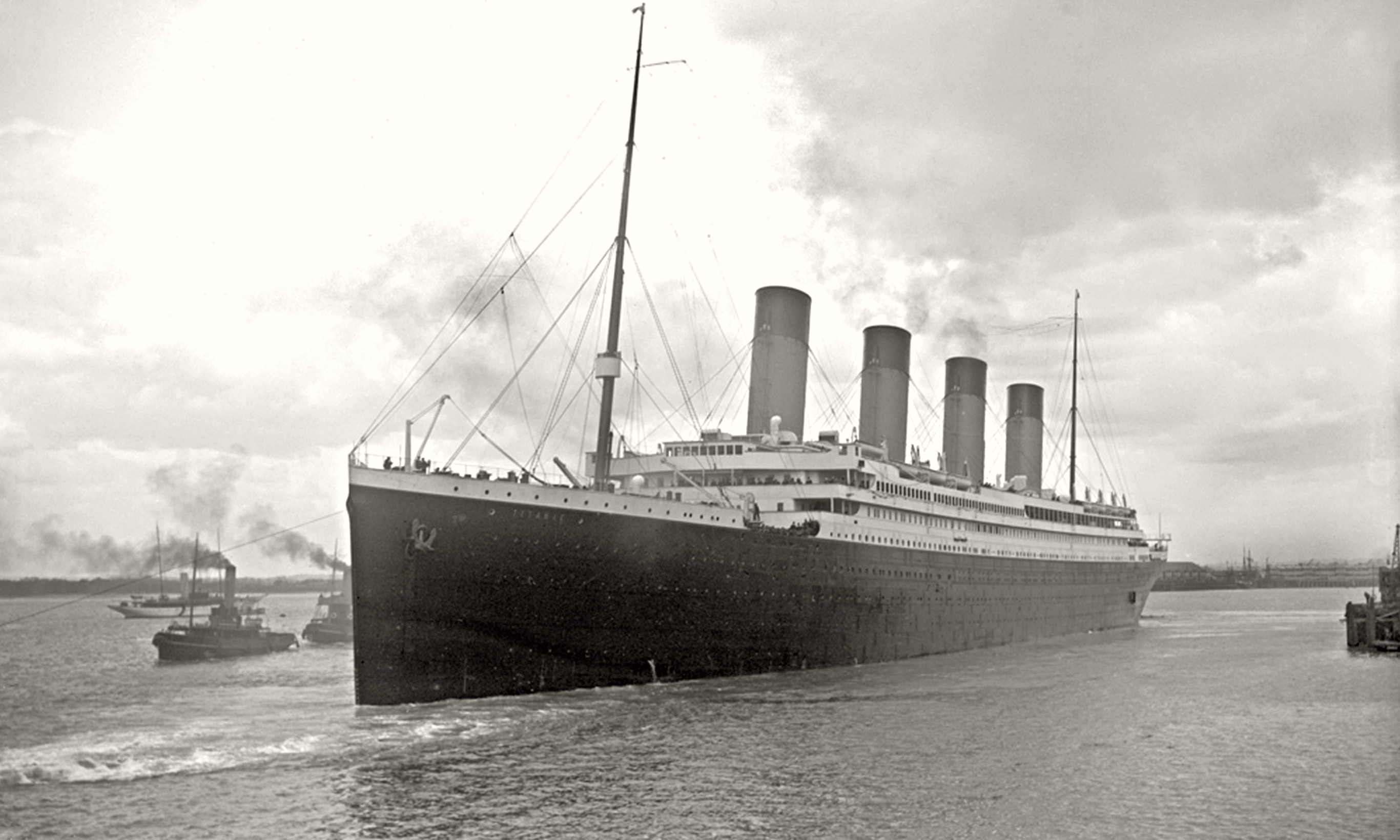11 Strange Rituals from the World’s Oldest Civilizations
The world is a tapestry of cultures, each with its unique rituals and practices that date back to ancient civilizations. These rituals, often shrouded in mystery, offer a glimpse into the past and provide profound insights into the cultures that have shaped human history. This exploration into twelve unique rituals from the world's most ancient civilizations aims to unveil the mysteries that surround these practices and the civilizations that birthed them. As we delve into the intricate details of these rituals, we will uncover the beliefs, values, and ideologies that have stood the test of time.
The Egyptian Ritual of the Opening of the Mouth
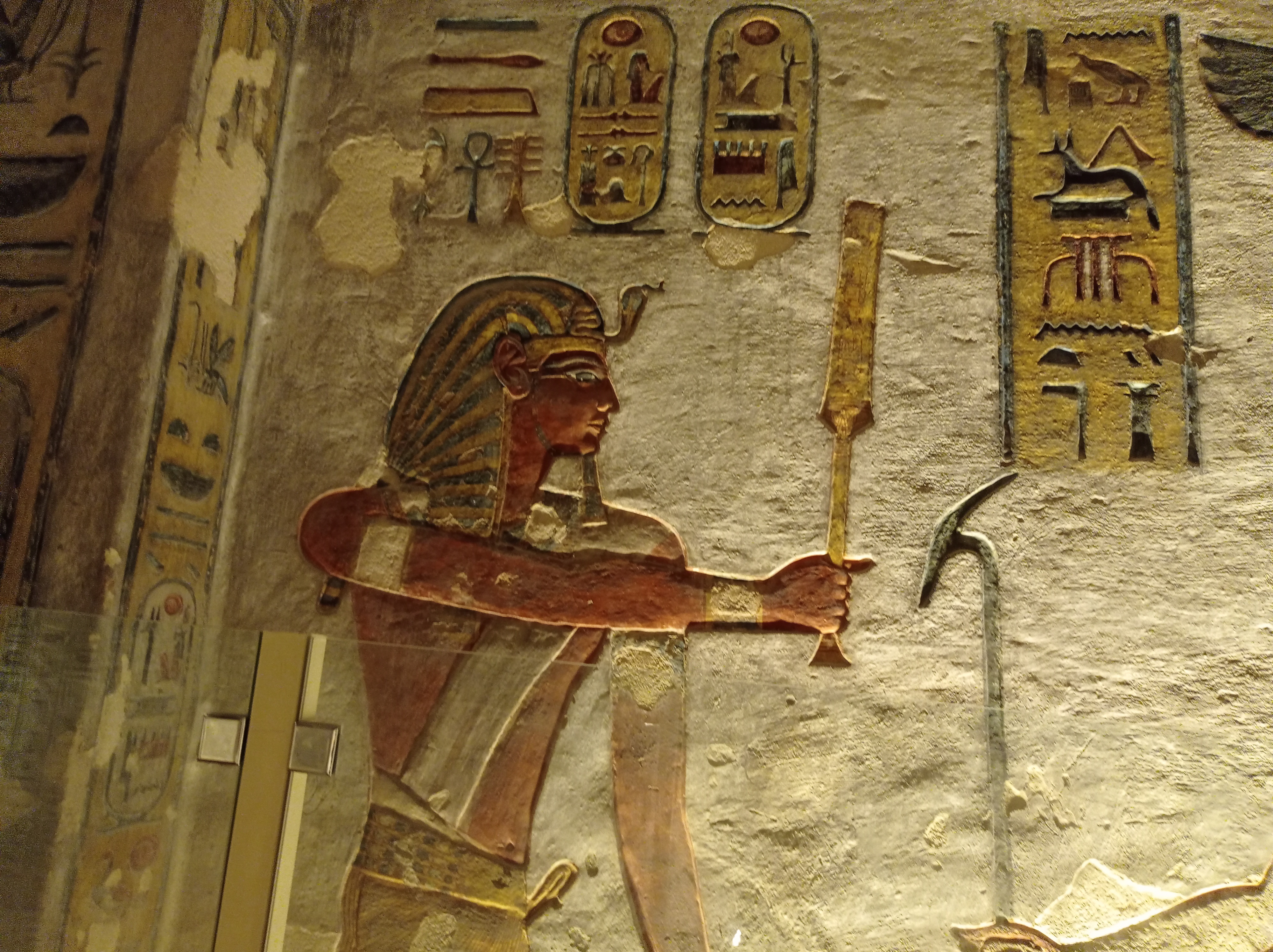
The ancient Egyptians, known for their complex religious beliefs and practices, performed an intriguing ritual known as the "Opening of the Mouth". This ceremony was believed to restore the deceased's senses in the afterlife, allowing them to eat, drink, and speak. The ritual involved symbolic acts and recitations from the Book of the Dead, underscoring the Egyptians' profound belief in life after death.
The Mayan Ball Game
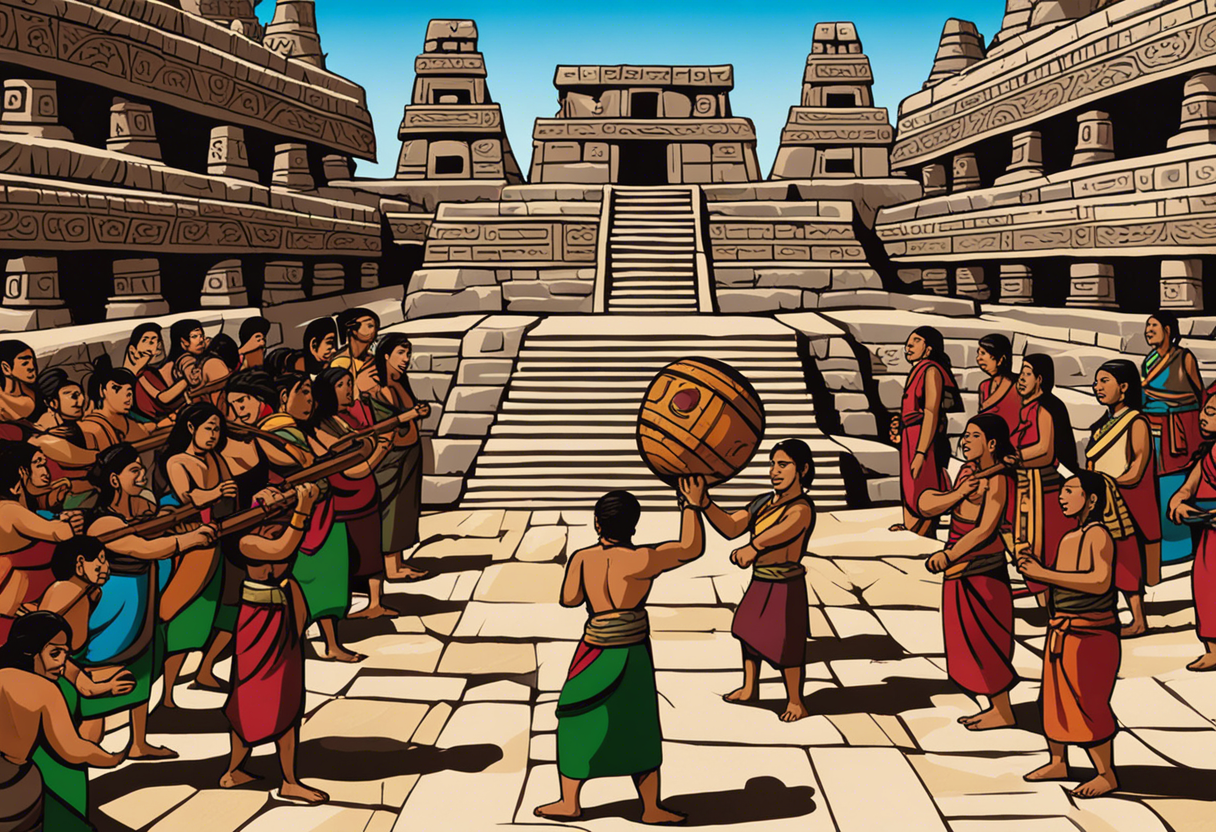
The ancient Mayan civilization, renowned for its advanced understanding of astronomy and mathematics, had a unique ritualistic game known as Pitz. This ball game had religious significance, often symbolizing the struggle between life and death, light and darkness. The game's outcome could even influence major decisions, including warfare and sacrifice, highlighting the Mayans' deep-seated belief in the supernatural.
The Greek Oracle of Delphi
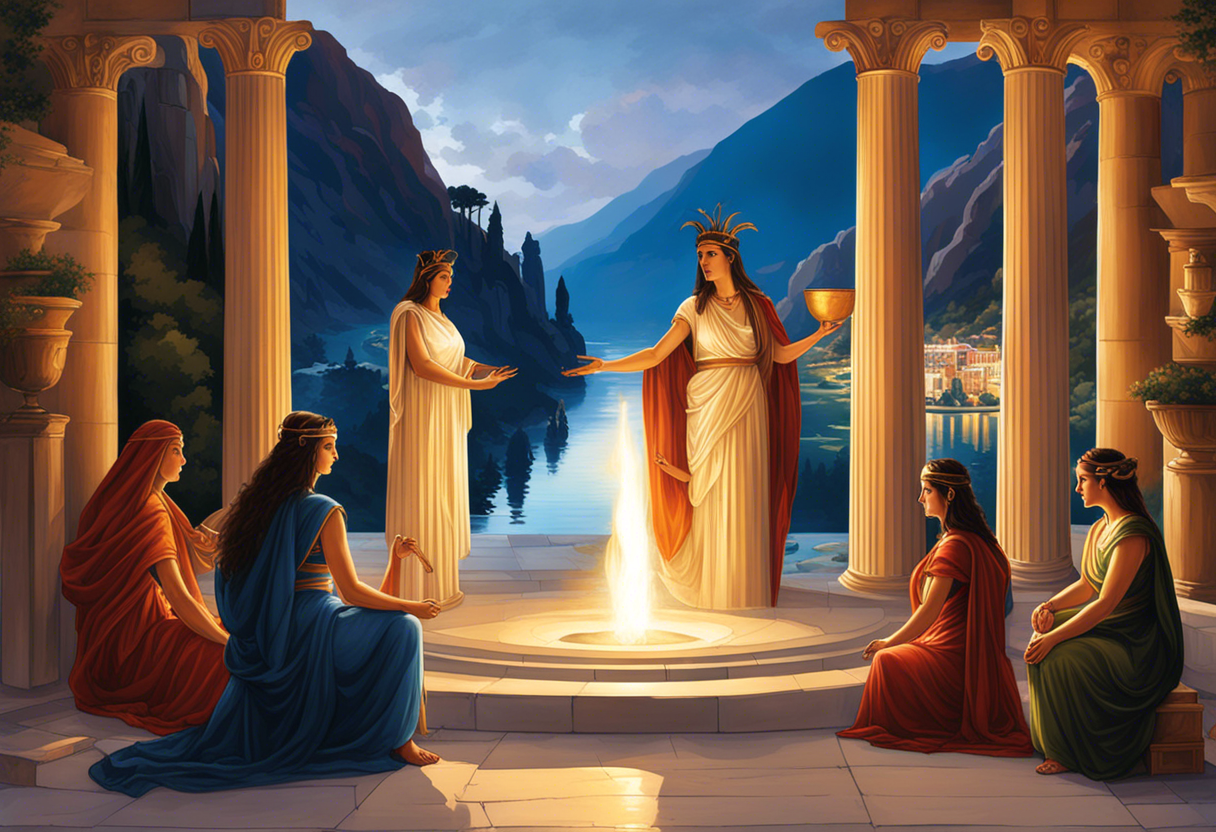
The Oracle of Delphi, an integral part of ancient Greek civilization, was a religious sanctuary where the priestess Pythia delivered prophecies. The Greeks believed these prophecies were messages from Apollo, the god of light and prophecy. This ritual underscores the Greeks' respect for divine wisdom and their quest for knowledge and truth.
The Roman Saturnalia
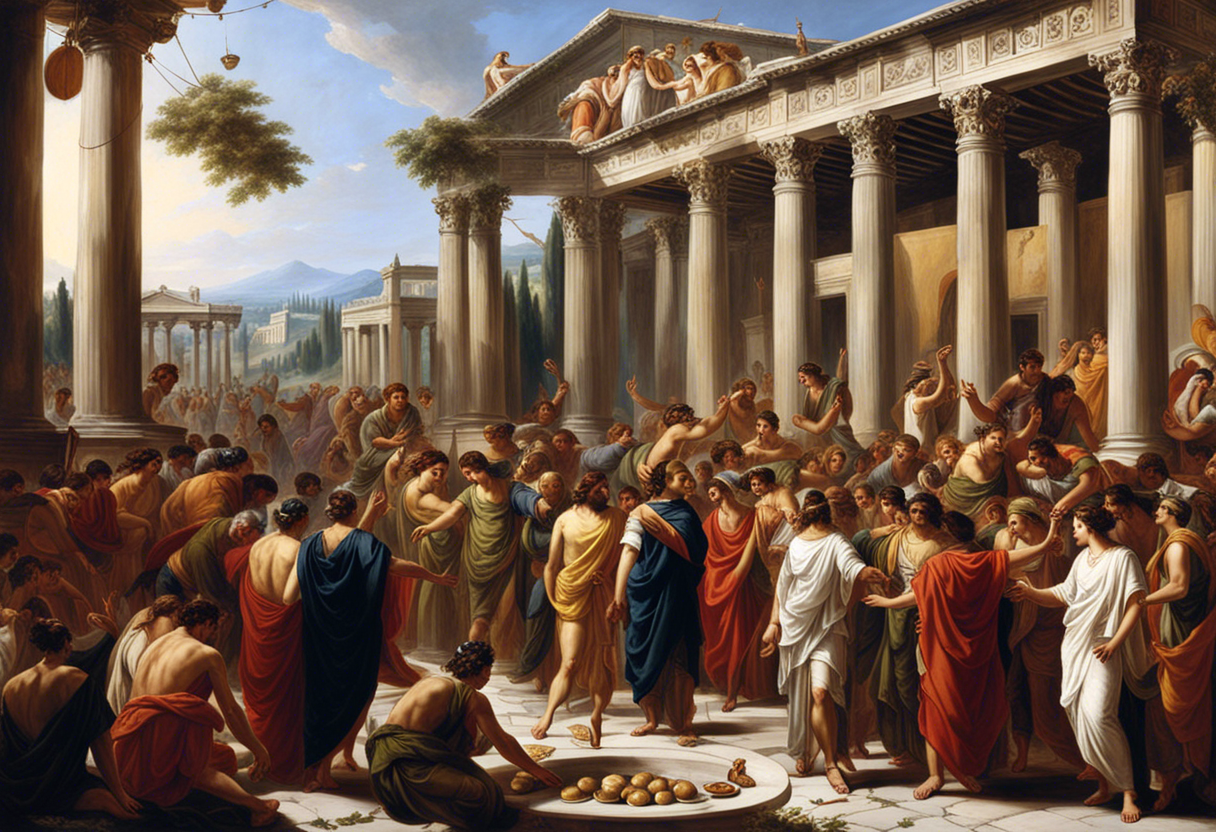
The Romans celebrated Saturnalia, a week-long festival honouring Saturn, the god of agriculture and time. This festival involved feasting, gift-giving, and role-reversals, where slaves were treated as masters. Saturnalia showcases the Romans' appreciation for social equality and their reverence for their deities.
The Celtic Samhain
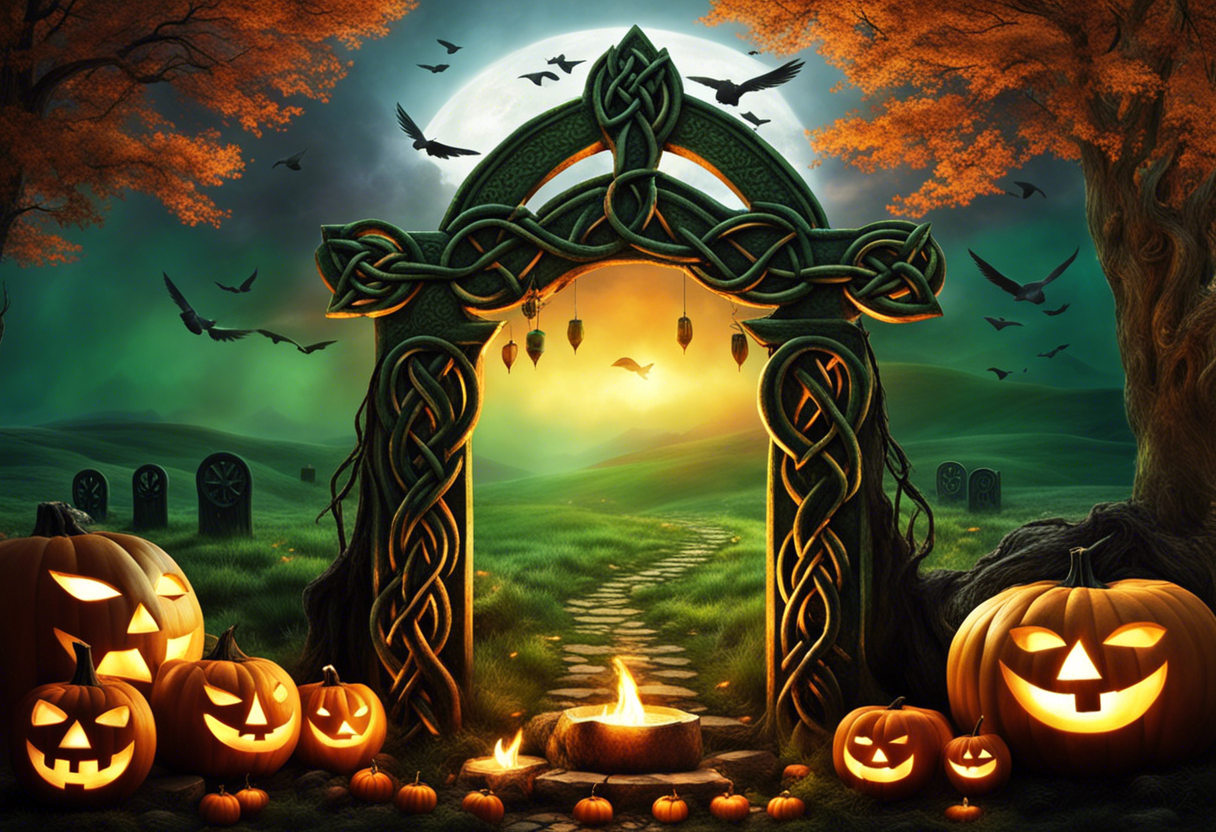
Samhain, celebrated by the ancient Celts, marked the end of the harvest season and the onset of winter. The Celts believed that the boundary between the living and the dead blurred during Samhain, allowing spirits to cross over. This ritual reflects the Celts' respect for nature and their belief in the supernatural.
The Chinese Ancestor Worship
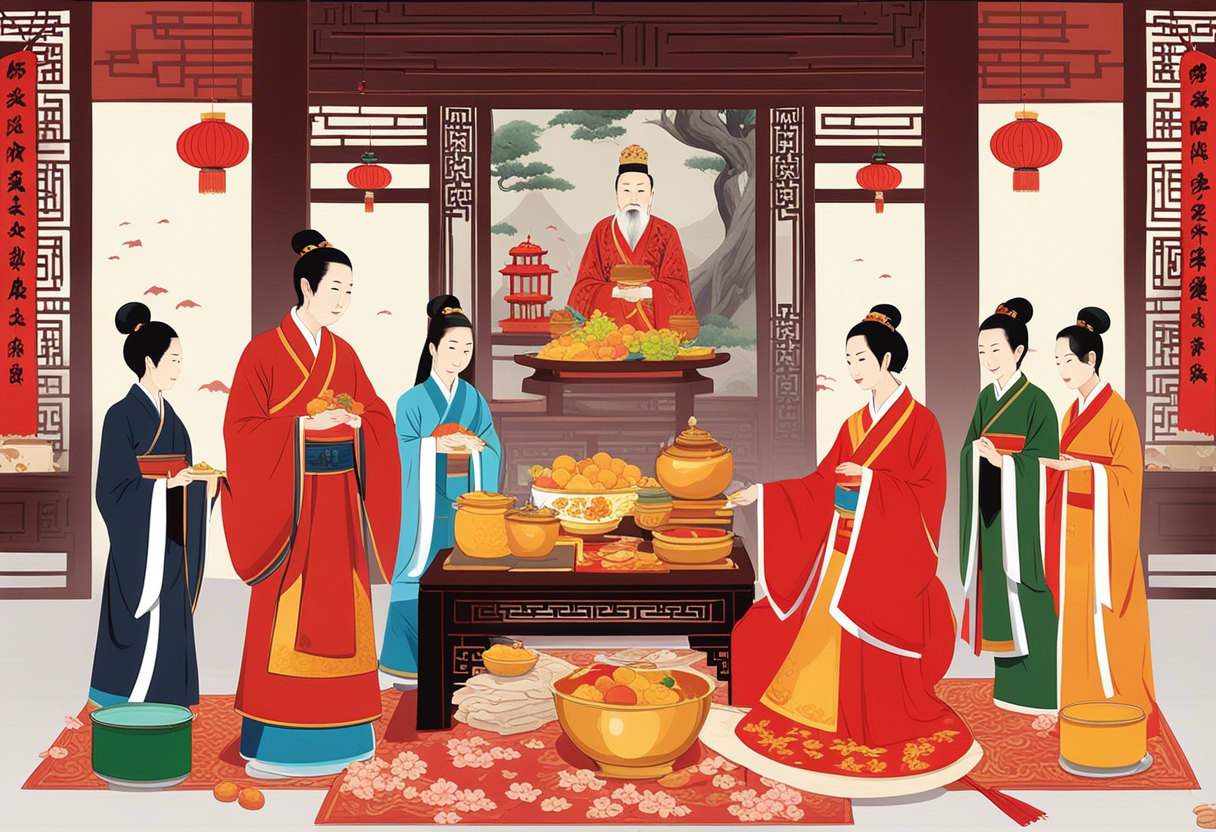
Ancestor worship has been a significant part of Chinese culture since ancient times. This ritual involves offering food, wine, and other items to ancestors, believing that it ensures their well-being in the afterlife and brings fortune to the living. Ancestor worship highlights the Chinese emphasis on familial ties and respect for the elderly.
The Indian Fire Ritual
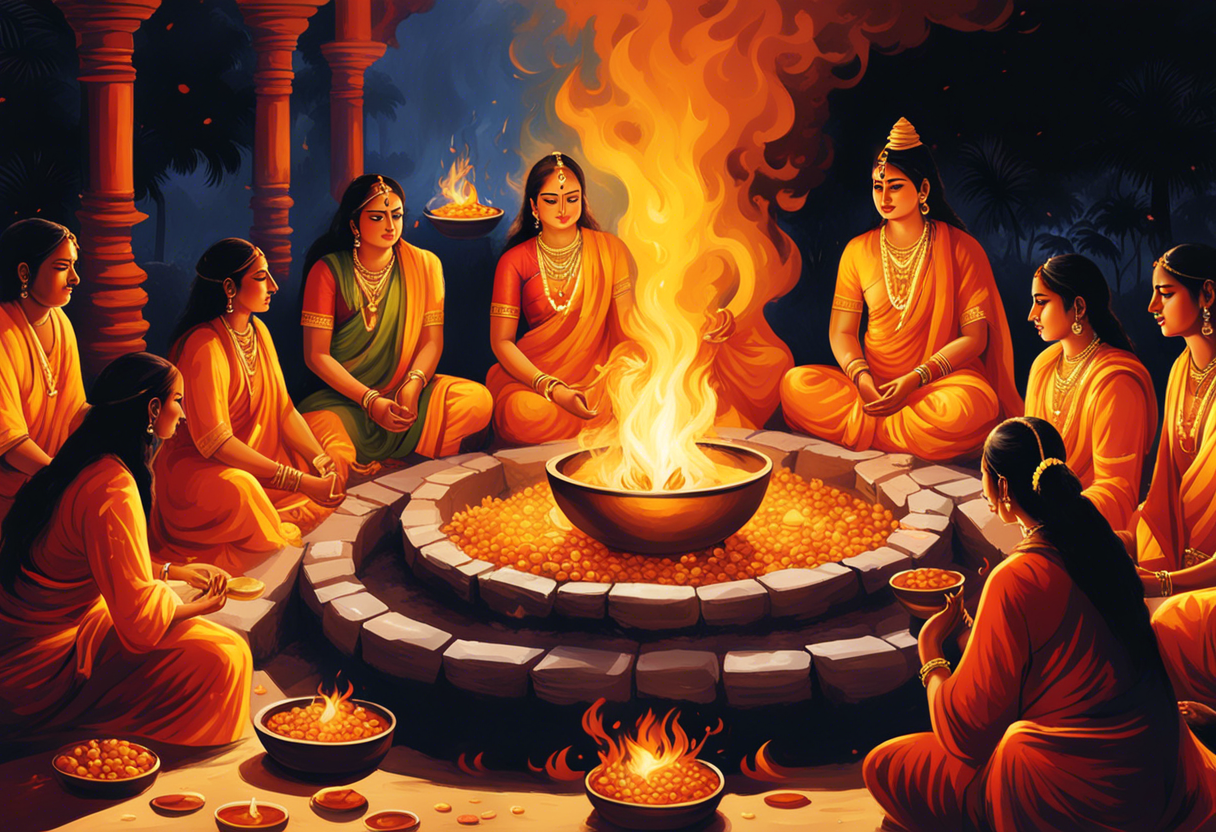
In ancient Indian civilization, the fire ritual or Yajna was a sacrificial ceremony performed to please the deities and ensure prosperity. The ritual involved the offering of ghee, grains, and other items into the fire while reciting Vedic mantras. The Yajna embodies the Indians' deep-rooted belief in the power of sacrifice and the sanctity of fire.
The Aztec Human Sacrifice
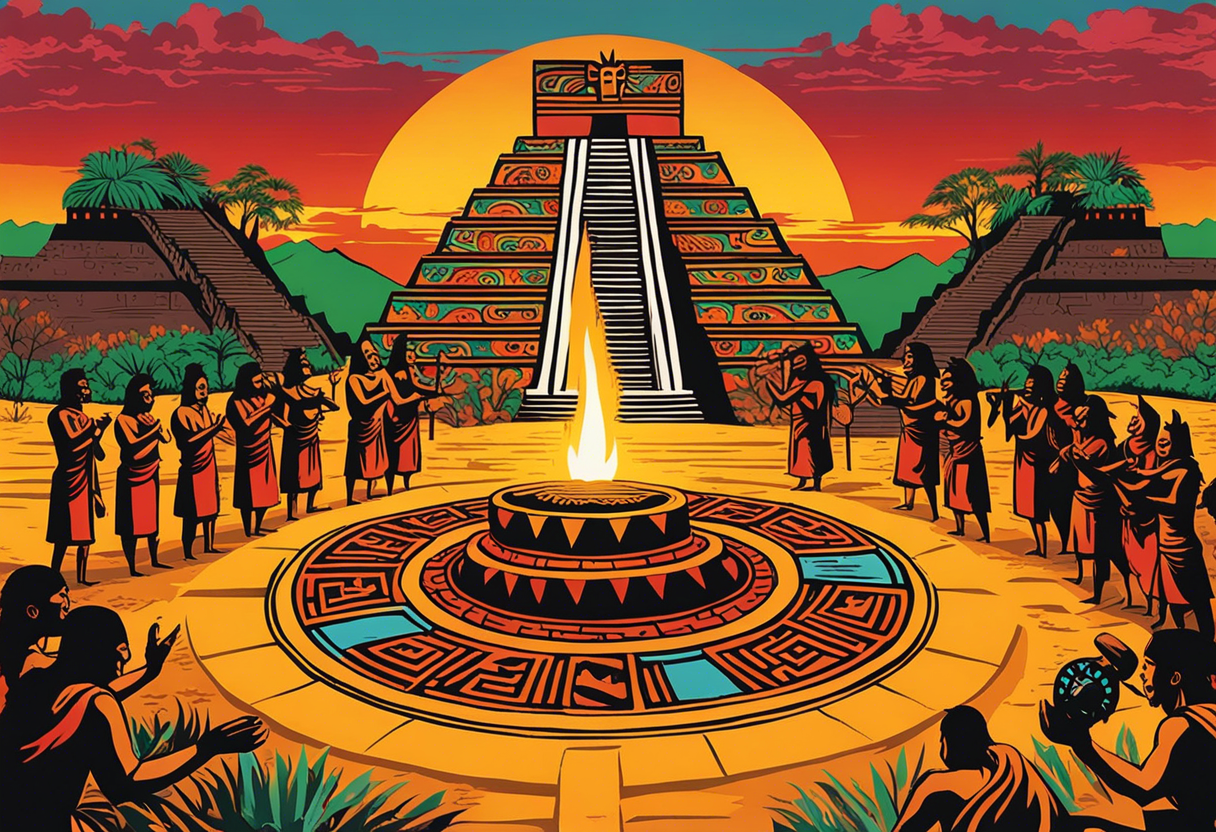
The Aztec civilization is infamous for its ritual of human sacrifice. The Aztecs believed that the sun and the earth needed nourishment through human blood to ensure the continuity of life. Despite its brutality, this ritual underscores the Aztecs' reverence for nature and their understanding of the cycle of life and death.
The Sumerian Beer Ritual
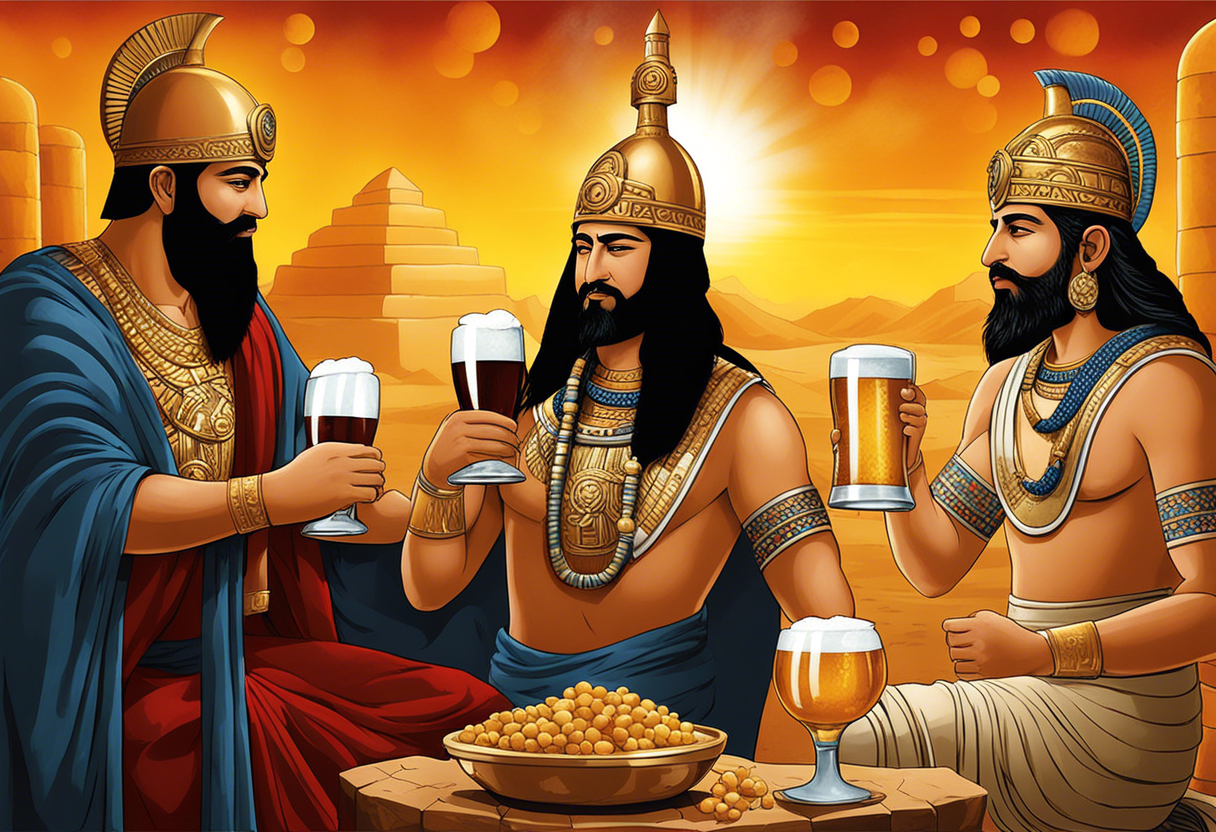
The Sumerians, one of the earliest civilizations, had a unique beer-drinking ritual. They believed that beer was a divine drink that brought them closer to their gods. This ritual reflects the Sumerians' love for celebration and their belief in the divine.
The Norse Blót Sacrifice
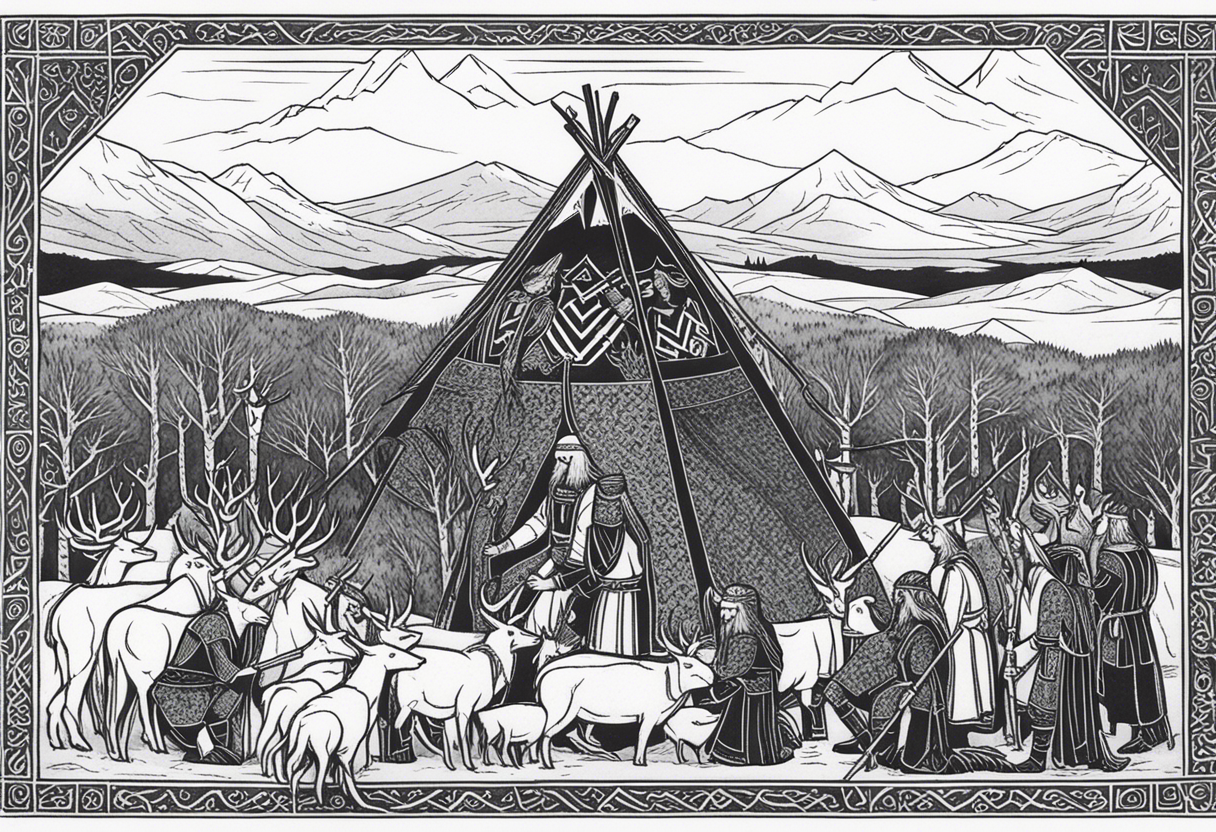
The ancient Norse civilization practiced a ritual known as Blót, involving the sacrifice of animals and sometimes humans to their gods. The ritual was a communal affair aimed at maintaining harmony between the gods and humans. The Blót sacrifice exemplifies the Norse’s respect for their gods and their sense of community.
The Incan Capacocha Ceremony
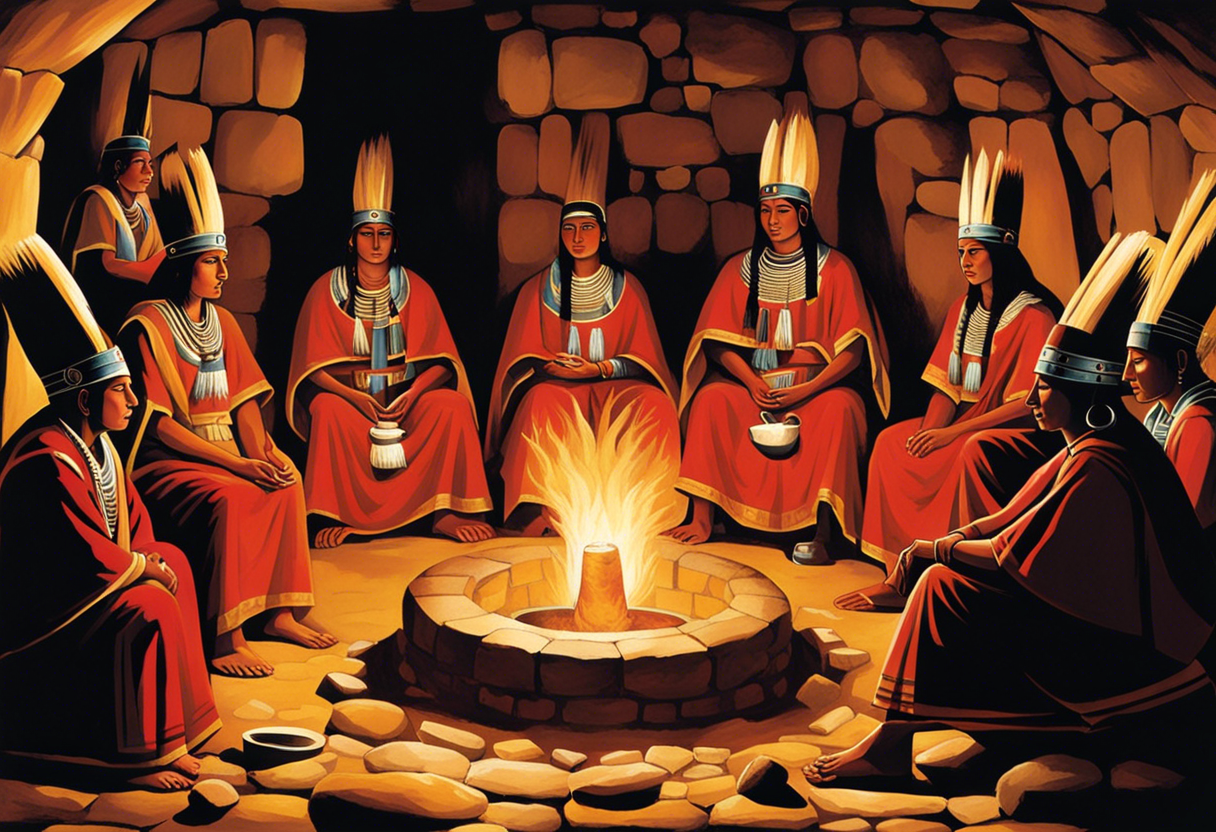
The Incas performed a ritual known as Capacocha, which involved the sacrifice of children to their gods during times of crisis. The children were chosen for their beauty and were treated as deities before the sacrifice. Despite its grim nature, the Capacocha ceremony underscores the Incas' desperation during hard times and their profound faith in their gods.
These eleven unique rituals from ancient civilizations offer a fascinating insight into the beliefs and values that have shaped human history. From the Egyptians' belief in the afterlife to the Incas' faith in sacrifice, these rituals reflect the diversity and complexity of human cultures. As we delve into these mysteries, we not only unravel the past but also gain a deeper understanding of the present, reminding us of our shared humanity and the enduring power of belief.





